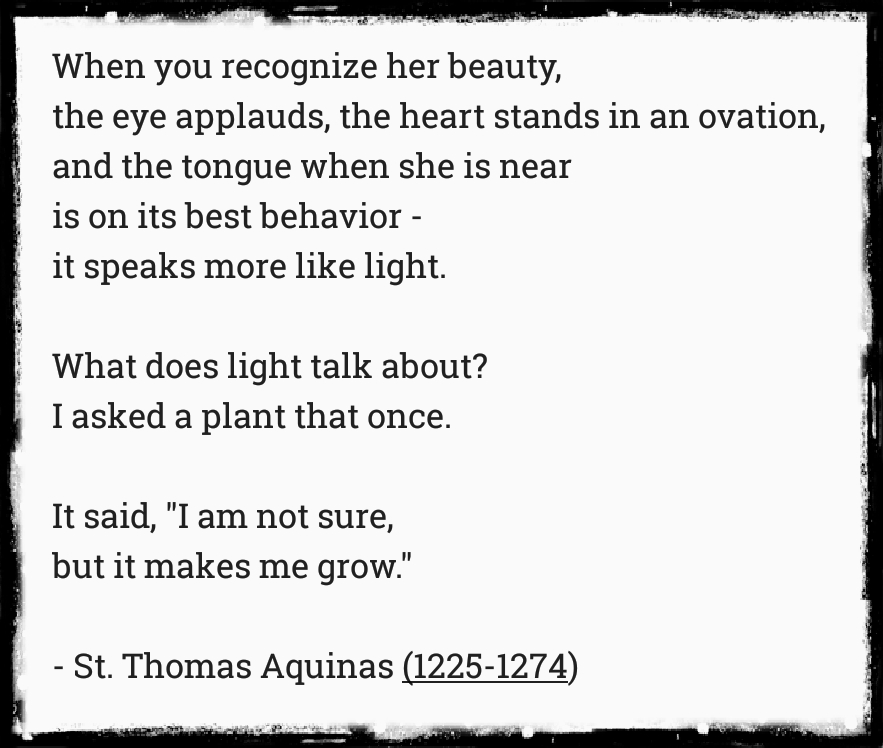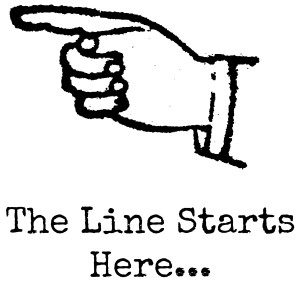Jesus has been born, baptized, blessed, baited and began his ministry in Galilee by being rejected by his own townspeople, evading their assassination attempt as he “passed through the midst of them and went on his way” (Luke 4:30). Jesus delivers people from unclean spirits, heals the sick, and teaches in the synagogues – all work fulfilling the Isaiah reading that led to his Nazareth rejection (Isaiah 61:1-2; Luke 4:18-19). Jesus is doing the thing he’s been called to do and the infancy of his ministry has already ruffled many a feather.
Jesus winds up on the shores of the Sea of Galilee with crowds of people surrounding him – so great of a crowd that they were “pressing in on him to hear the word of God” (Luke 5:1). In an effort to alleviate the physical pressure (and perhaps to control the crowd), Jesus climbs into Simon Peter’s boat and requests that the fisherman and his partner row their new passenger out into the shallow waters just off shore. Perhaps out of fear of also being overrun by the crowd, perhaps sensing some power from this man Jesus, Simon does as he is asked and pushes the craft just off shore. The fresh lake waters lap against the side of the boat as birds float overhead and Jesus’ voice, teaching the crowd, rises above the disquiet seaside.
Simon has a literal front-row seat to the teaching, and he hears a message in stark contrast to the ones he’s heard so long from the rabbis in the synagogues. This man speaks good news to the poor and impoverished…this man cries for freedom for the captives…this man opens blinded eyes to Yahweh’s truths…this man claims freedom to the suffering oppressed. These are the words of the prophets of old, those chosen by God to speak for God. These are the words of the priests of old, those chosen by God to pray and sacrifice for the bond between God and creation. These are the words of the kings of old, those chosen by God to serve, protect, and defend God’s people. This man – this Jesus – is declaring the reign of God in the world! His words begin to seep into the deepest depths of Simon’s soul where they kindle the long-since extinguished flame held for Yahweh.
The proclamation comes to a close and Jesus turns to Simon, instructing him to move the boat into deeper waters where Simon and his partner should drop down their nets to catch fish. Simon snaps back to reality; he has believed Jesus’ words up to this moment but knows that fishing here and now will do nothing. He and his partners worked all night without pulling in a single fish…there’s nothing in these deep, overworked waters. But…but something moved him to begin rowing…if his soul could find a spark of hope, perhaps his nets could find a fish or two.
Simon and his partner get to work, letting down their nets into the Galilean waters until they reached the ends of their nets and immediately the side of the boat dipped towards the water. The men, confused, begin to bring in their nets but soon realize the enormity of the catch. They scramble to gain steady footing, using leverage to pull with all their might but their nets begin to give way under the weight of the catch. Holding tightly to their net they cry out to shore for their partners James and John to come to their aid. Simon and his partner – with Jesus at their side – wait, straining against the heavy haul of fish in their nets.
James and John in second boat hurries to Simon’s side where the small company of fishermen work together to bring in the catch – a bounty so great that both ships struggled to stay afloat under the weight of their haul. That fire that had kindled in Simon began to take hold in his soul and he felt equally blessed and troubled by the events that were taking place before him. While incredibly grateful and thankful for this gift from God, Simon’s sinfulness…his unworthiness… his shame struggled within him, bringing him to his knees before Jesus and the fisherman cried out, “Go away from me, Lord, for I am a sinful man!”
Jesus knelt down and looked Simon in the eyes and had compassion for him. For a long moment they looked at one another and Simon’s sinfulness became engulfed in the flames of hope and promise, belonging and belovedness; he met Jesus in his innermost being where the two embraced. At long last Jesus spoke words of assurance, “There is nothing more to fear. Nothing more. From now on you’ll be fishing for a greater catch, you’ll be fishing for people!” At these words Simon and company had no questions, no reservations whatsoever – they believed.
The men struggled and strained to bring their burdened boats to shore where they told the crowd to take as many fish as they wanted. The men hurriedly cleaned themselves up and abandoned everything they knew to follow Jesus.
—–
The beauty I find in this gospel story is found in Simon’s confession: “Go away from me, Lord, for I am a sinful man!” (Luke 5:8). I love these heartfelt words uttered by Simon because they encapsulate the meeting between humanity and God. When God comes near us we can’t bear to think of even imagining that the Creator, Redeemer, and Sustainer of all that was, is, and is-to-come would dare approach us. Why would God do such a thing? Why would God come near us when we’ve done everything in our power to dissolve and deny that relationship?
In Simon’s confession we see the incredulity of Jesus’ reaction in spite of Simon’s state of being: in spite of his sinfulness Jesus still gave Simon an overwhelming load of fish. How would Jesus dare do that for a sinner like Simon…like me…like you? How is it that in spite of all our sin, in spite of all our unbelief, in spite of our spitefulness Jesus still chooses to load down our nets with big catches?
And Simon expresses humanity’s reaction to God’s blessing: Go away from me! Don’t you see who I am? Don’t you see how sinful I am? I’m not worthy of your gifts! Each of us has a reason to express these same ‘go away’ words to Jesus. Our life’s history is riddled with moments of sinfulness that have made us feel like we’re unable to be in the very presence of God, let alone receive such a gift.
Our own life’s story might read like a ‘greatest hits’ record of sins but Jesus sees us just as he saw Simon Peter, and Jesus isn’t the least bit surprised because he knows us. Jesus knows our own relationship with Yahweh is much like that of Simon: darkened, cold, lightless and lifeless. Jesus knows our flames of life may have long-since burned out. But he doesn’t give up on us. He steps into our lives, calls us to work, gives us more than we deserve, and on top of all of that Jesus loves us even when we express unworthiness and unbelief.
In this fishing excursion at the beginning of Jesus’ ministry we witness the truth of the gospel: God loves us, God calls us, God blesses us, God invites us into repentance and restoration. God wants to be with us where we are. God wants to love us as we are and pushes us to do better and be better. Praise be that we are chosen, that we are loved, that we are blessed!
much love. sheth.



